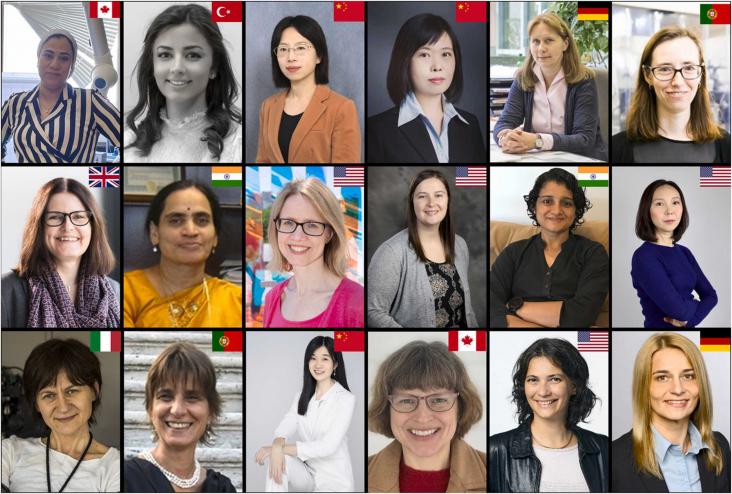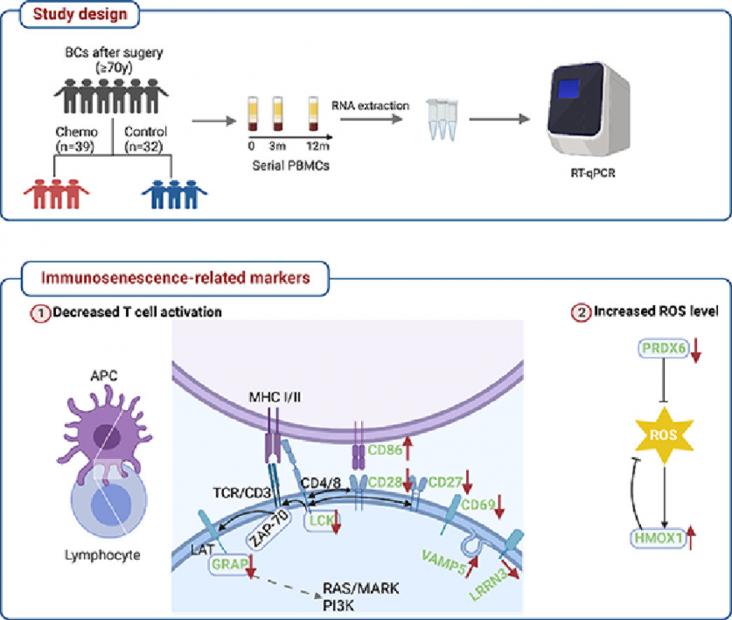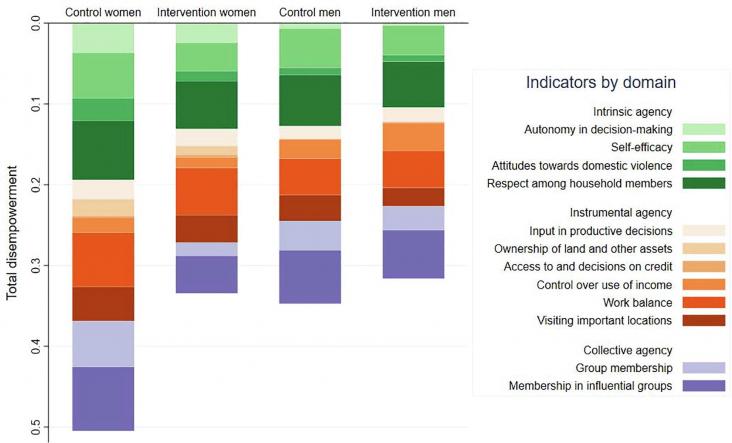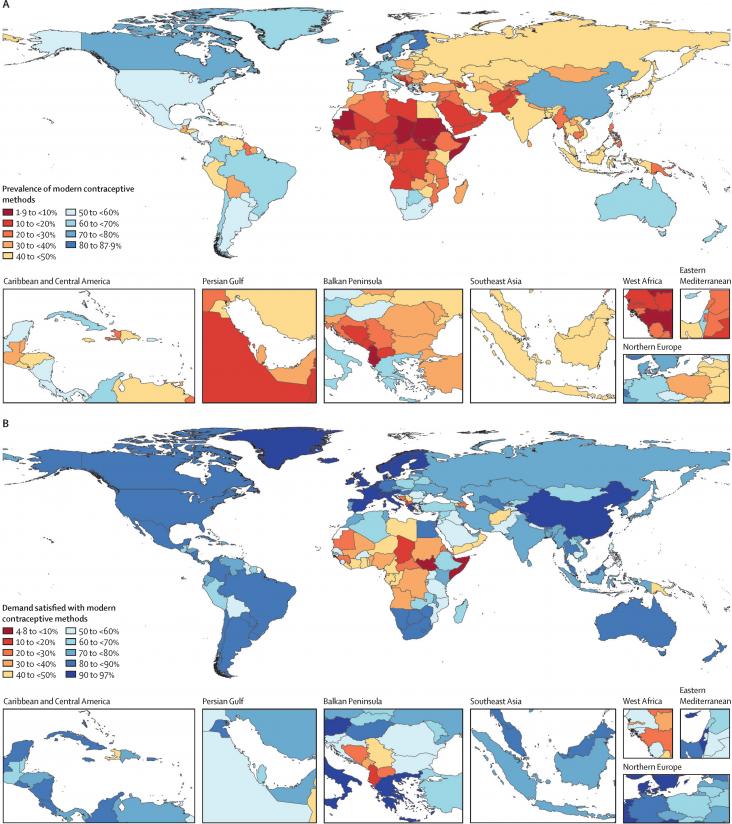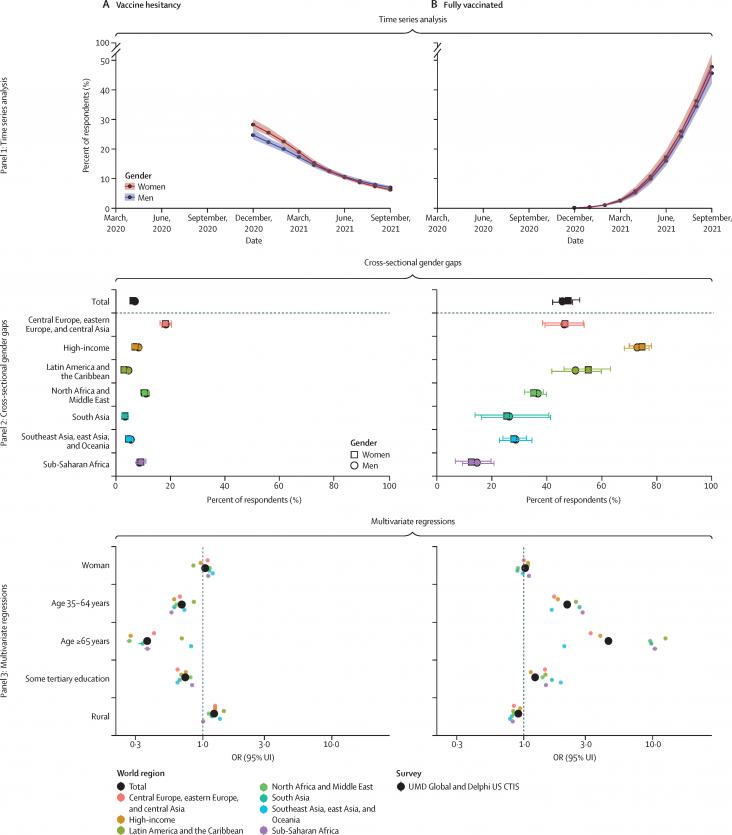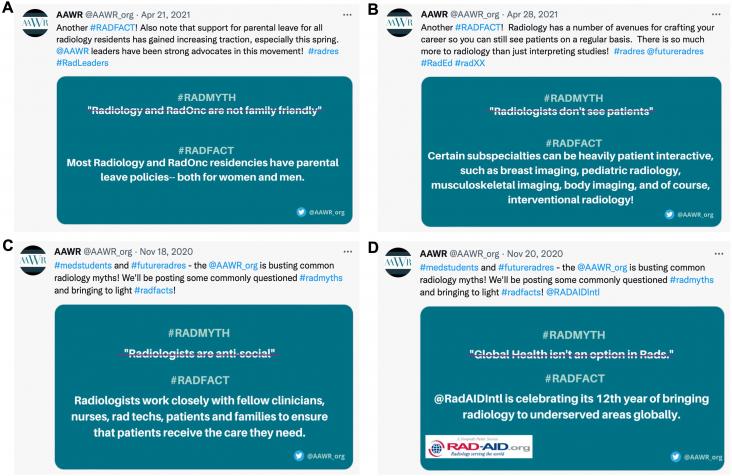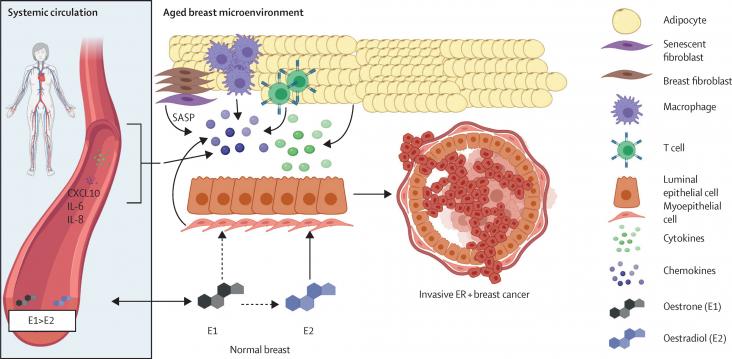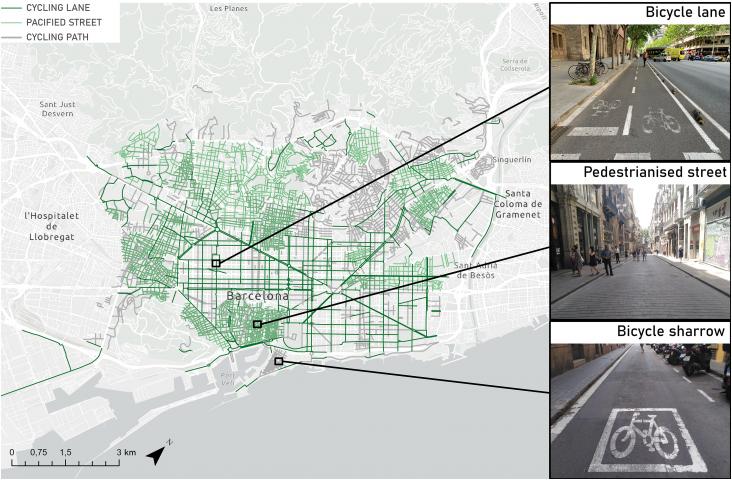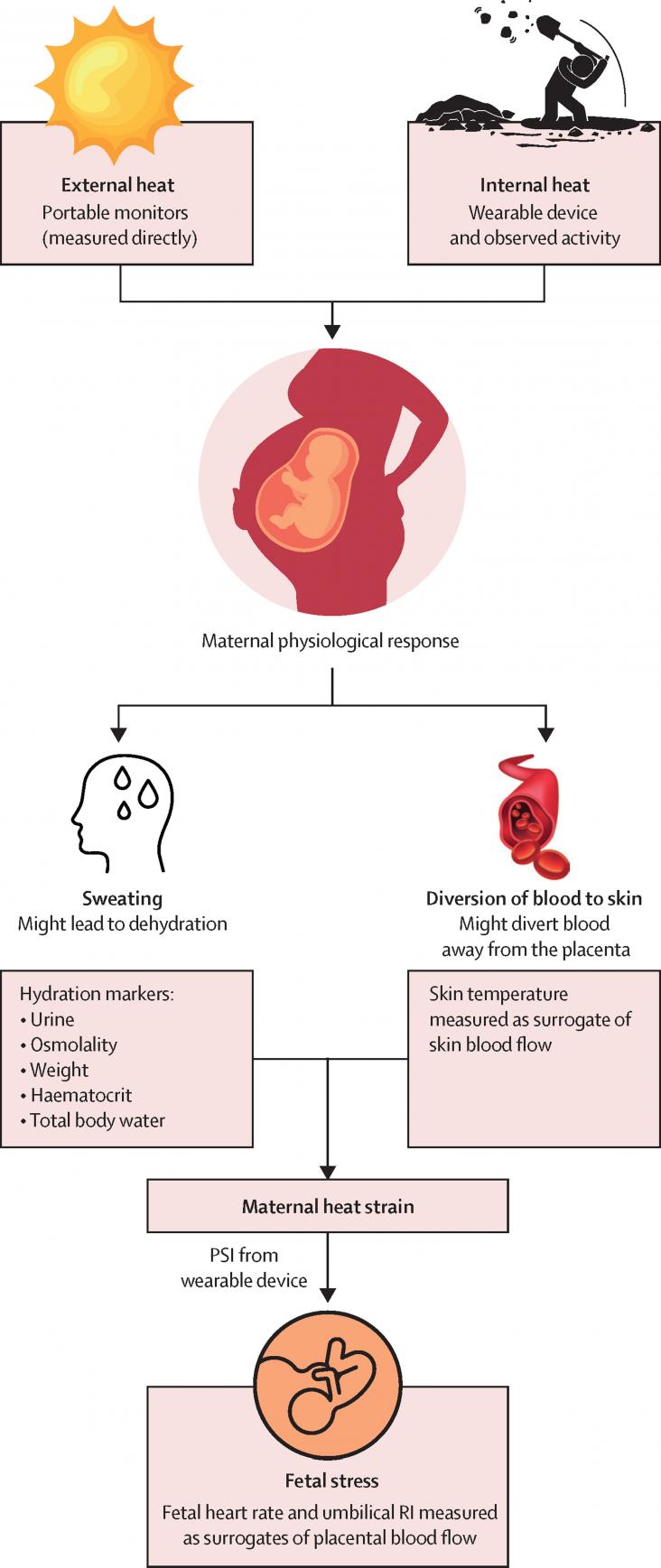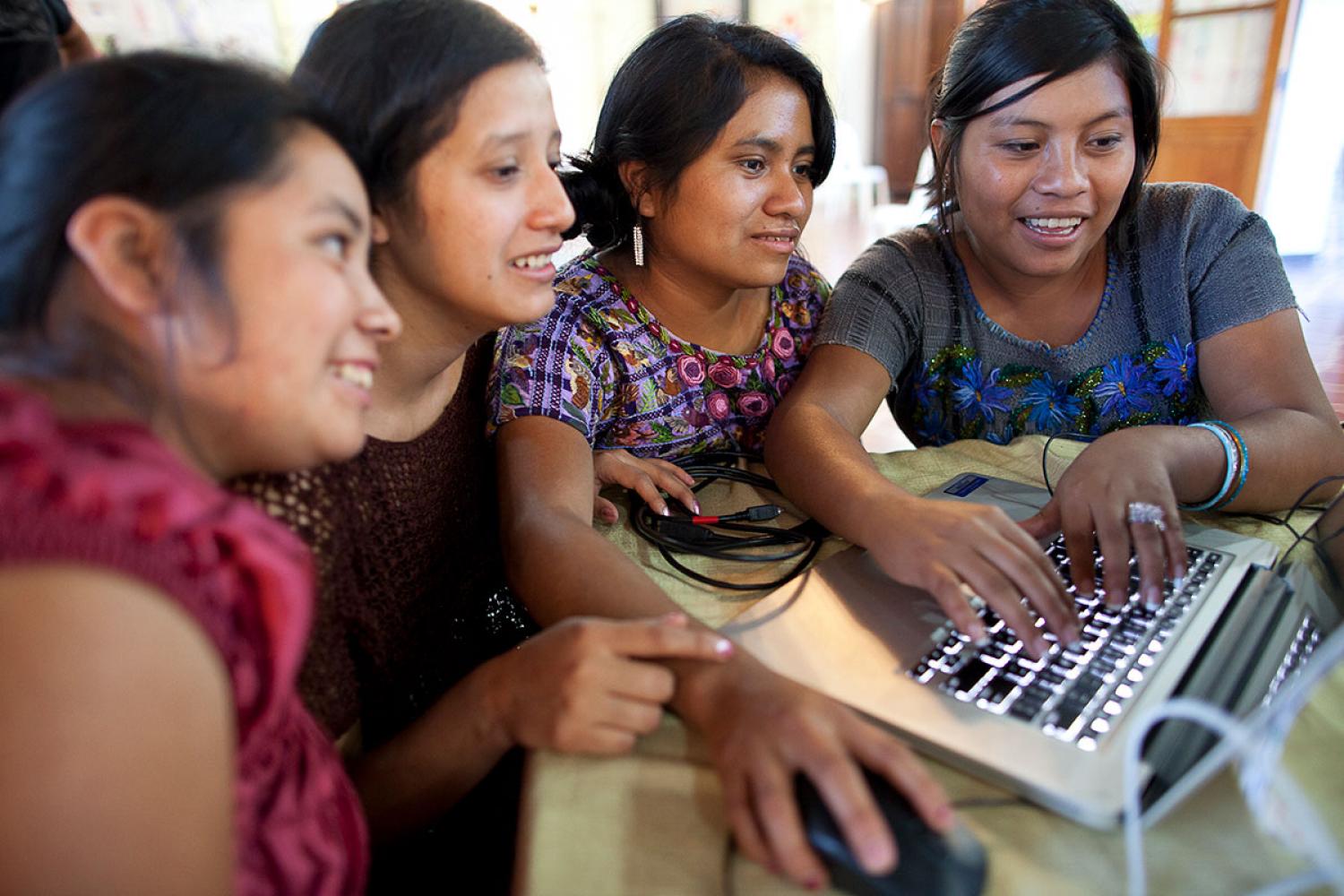
Celebrated annually on 8 March, International Women's Day is a global day to recognize the social, economic, cultural, and political achievements of women. The theme for this International Women’s Day 2023 (IWD 2023) is “DigitALL: Innovation and technology for gender equality." Elsevier is proud to support IWD 2023 through this thoughtfully curated, freely accessible collection of journal articles and book chapters highlighting the strides being made towards embracing equity and the barriers that stand in the way of achieving gender equality.
Lancet Regional Health - Americas, Volume 16, December 2022
eClinicalMedicine, Volume 52, October 2022
The Lancet Public Health, Volume 7, September 2022
The Lancet, Volume 400, 23 July 2022
The Lancet, Volume 399, 25 June 2022
The Lancet Oncology, Volume 23, March 2022
Clinical Imaging, Volume 83, March 2022
The Lancet Healthy Longevity, Volume 3, January 2022
Clinical Imaging, Volume 94, February 2023, Pages 56-61
Clinical Imaging, Volume 95, March 2023, Pages 62-64
eClinicalMedicine, Volume 56, February 2023, 101798
Clinical Breast Cancer, Volume 23, Issue 2, February 2023, Pages 181-188
Clinical Breast Cancer, Volume 23, Issue 2, February 2023, Pages 211-218
Journal of Responsible Technology, Volume 12, December 2022, 100048
Sex and Gender Bias in Technology and Artificial Intelligence: Biomedicine and Healthcare Applications, 2022, pp 57-75
Thoracic surgery clinics, Volume 32, 1 February 2022
Immunology and Allergy Clinics of North America, Volume 43, February 2023

